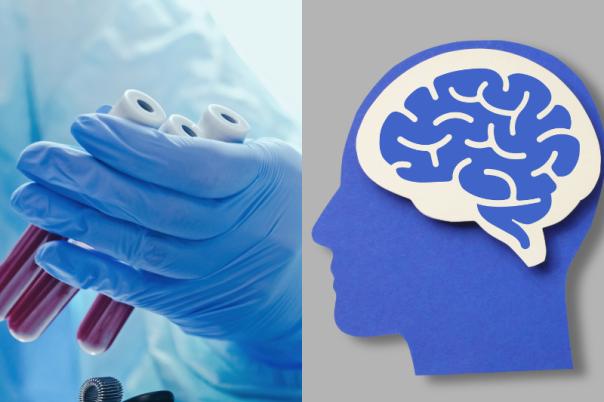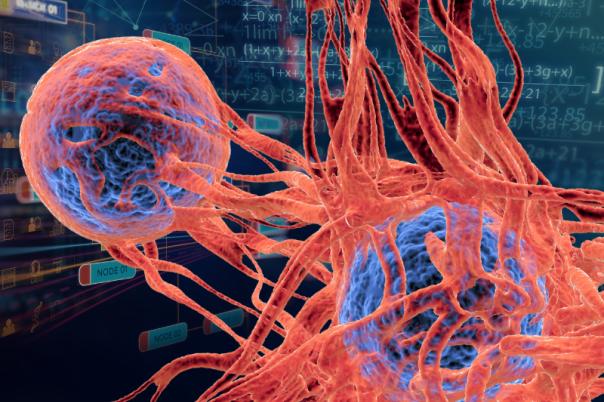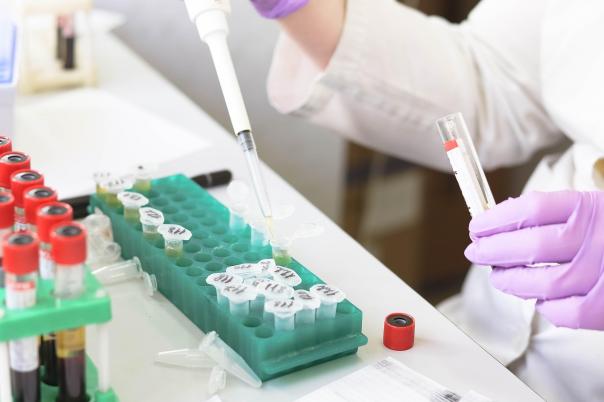Over the last few years, highly impressive clinical data has emerged from tumour infiltrating lymphocyte (TIL) clinical trials, leading to recent FDA approval of a TIL therapy for metastatic Melanoma. Emma Leire, Director & Head of Translational Science Immune Monitoring at Achilles Therapeutics, endeavours to enhance traditional TIL therapy by targeting clonal neoantigens to create a more potent and tumour reactive product.
TRACERx is an ambitious study that houses patient data from over 800 patients with non-small cell lung cancer at various stages. Over 4,000 biopsy samples were collected, and sequencing was used to identify the evolution of the tumour. The genetic analysis revealed that clonal neoantigens represent mutations that occur early in tumour evolution and are conserved at all tumour sites. Achilles Therapeutics aims to target these mutations with their therapy.
Therefore, Leire and her team have developed PELEUS – a bioinformatics platform that uses multi-regional tumour analysis to predict clonal neoantigen targets. Using the predicted clonal neoantigens, the team conducts peptide synthesis. Furthermore, the platform assists with minimizing immune evasion by predicting polyfunctional antigens.
Leire expanded further on the methodology: “T cells are expanded out from the tumour and dendritic cells are expanded out from the blood and are then pulsed with the clonal neoantigen peptides before they are co-cultured together with the T cells. This enables a selective expansion of the T cells that recognise those clonal neoantigens and that is our product, the clonal neoantigen reactive T cell product or cNeT.” This offers a personalised therapy to patients.
The team tracked the cNeT and the product within the patient after dosing. The product can be restimulated with clonal neoantigen peptides, and the researchers can identify the cluster of the product responding to the peptides. Through an in-depth characterisation of these clusters, specifically through phenotyping and T cell receptor clonotype analysis, one can explore the upregulation of cytokines and activation markers.
Single-cell analysis tracked TCRs in the blood and during the manufacturing process. This analysis helps identify key biomarkers and gain valuable knowledge on cNeT kinetics in patients. Liere commented that their translational science assay matrix gives an in-depth characterisation of the product for post-monitoring, post-dosing, and immune monitoring.
With the later stages of the clinical trials approaching, Leire and her group seek to further their understanding of the identified biomarkers. Moreover, they aim to explore several applications of their technology for monitoring T cell activation and predicting cytokine release syndrome.




